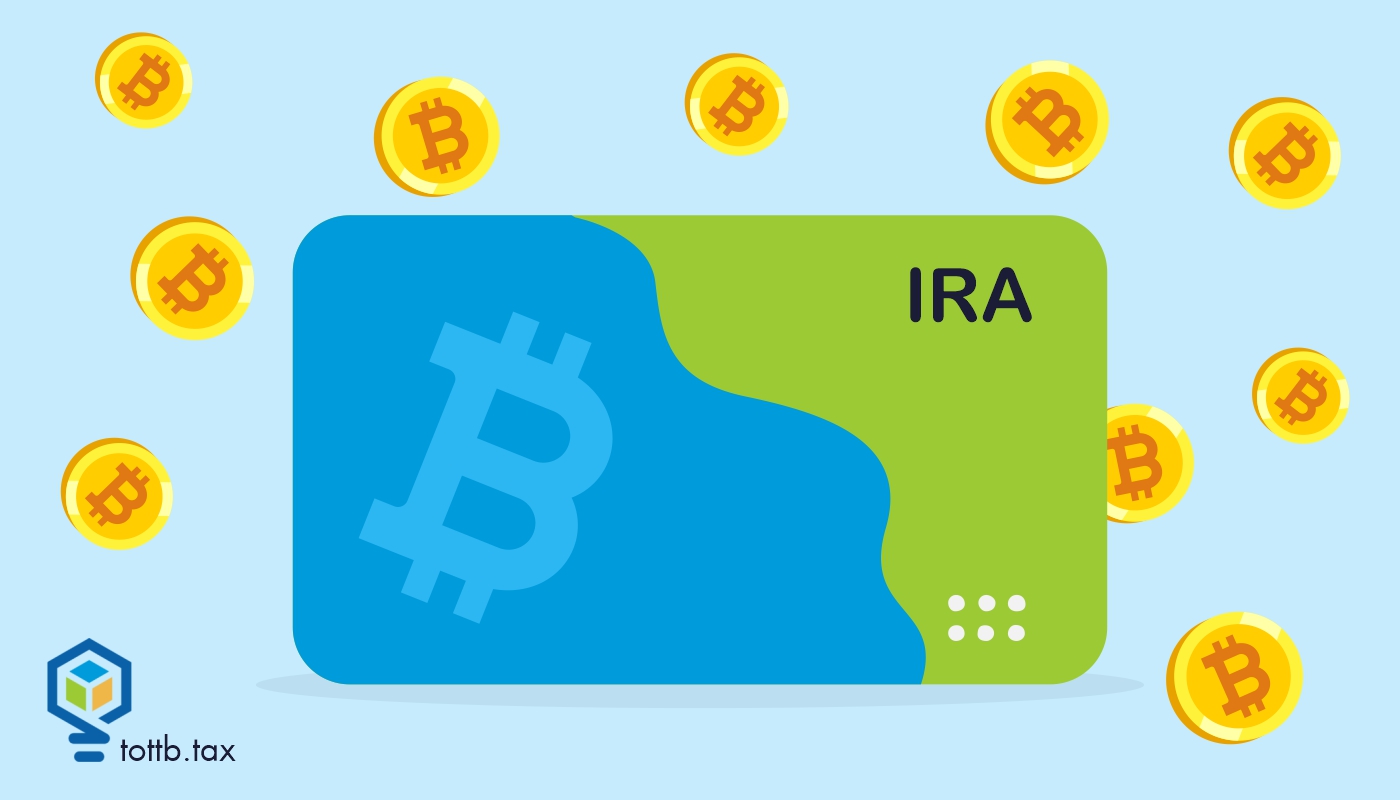
This Is The Only Other Year-End Tax Tip Guide You Need
So as I did last year, I have reviewed a multitude of year-end tax tips articles. One of them is a real standout that you should be sure to check out. If you missed it, you should definitely roll back to the November 15 edition and go over Dominique Molina’s piece, which focuses on what you need to do sooner rather than later in response to OBBBA. It provides more detailed, relevant, actionable advice that you won’t see anywhere else than any of the multitude of pieces I have reviewed. As for the rest, I will give you a basic rundown of what I call the SOSO (same old, same old) and a few suggestions that stand out as different that I will get into a little more along with some thoughts of my own.












